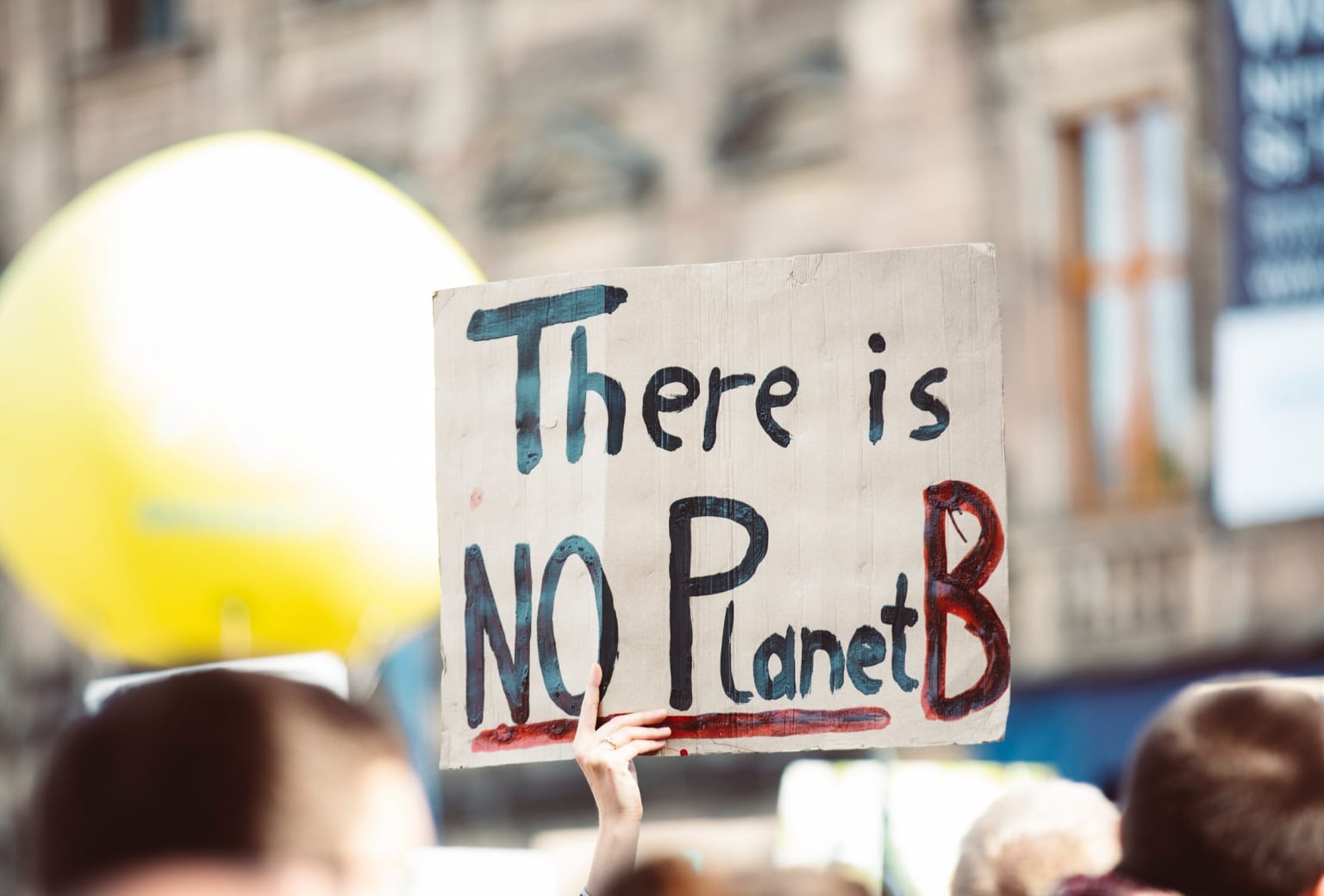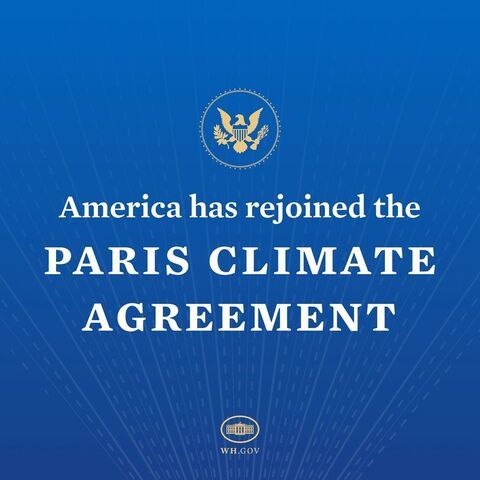Here at Take Two, we understand the creation of a sustainable food system and plant-rich future is a marathon, not a sprint, and we are committed, for the long-haul, to working toward these big dreams and goals.
Simultaneously, what’s also true is that we all -- individuals, communities, organizations, corporations, governments, nations -- must act quickly and powerfully, in order to create the amount and quality of change required to address the climate crisis, in the time we still have left to do so.
Sticking with the marathon metaphor, the recent decision and move by the United States to rejoin The Paris Agreement is an important moment in the climate action race.




